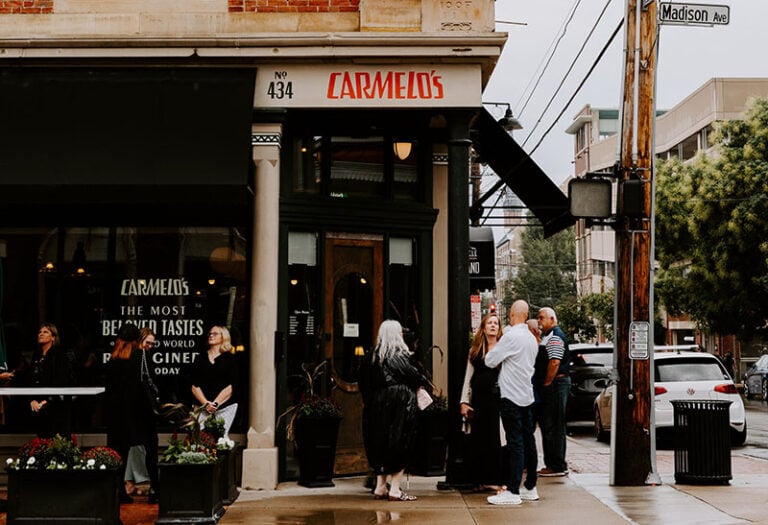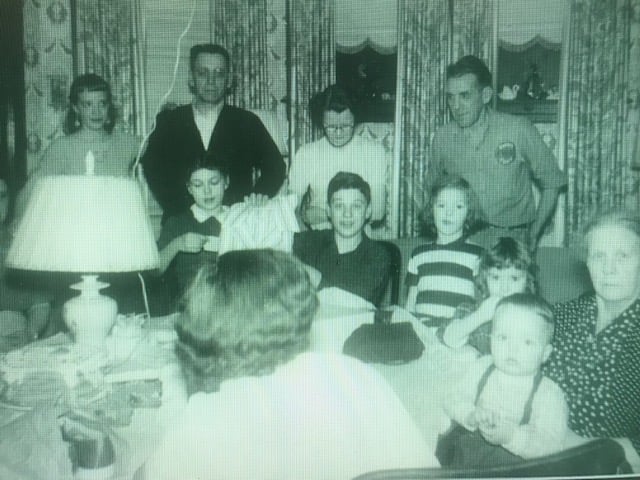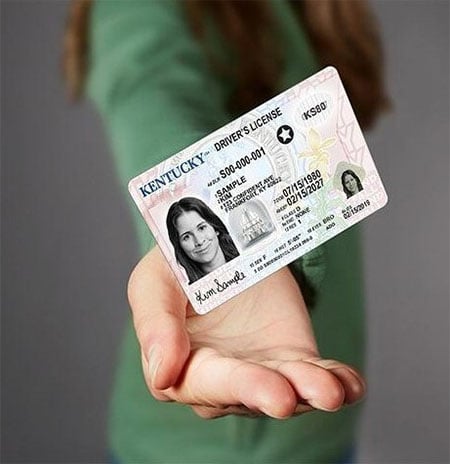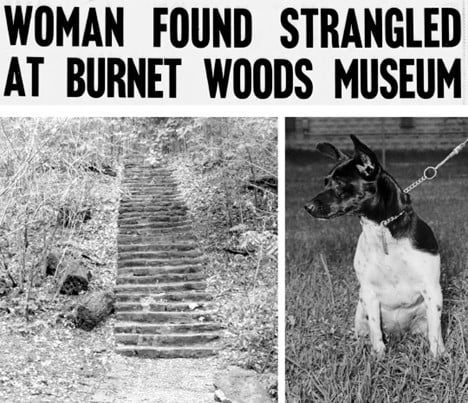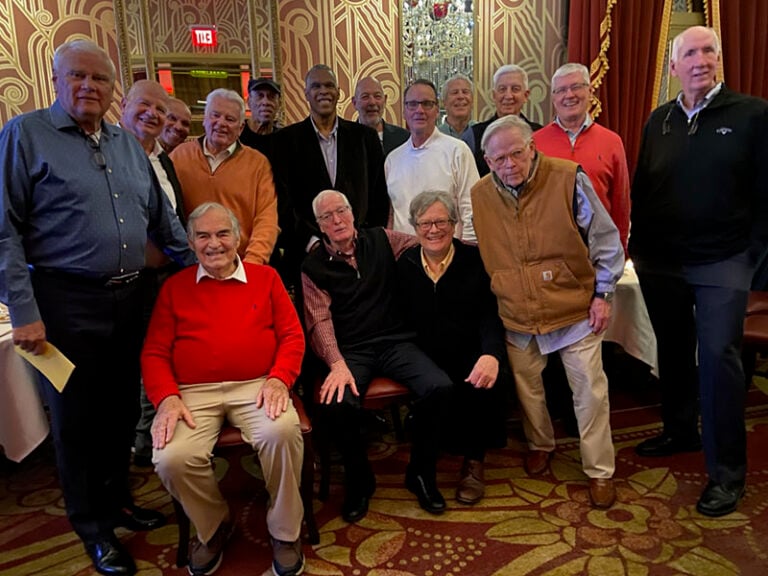By Berry Craig
NKyTribune columnist
Pro-Union congressman-elect Lucian Anderson of Mayfield evidently didn’t believe discretion was the better part of valor.
After Rebel raiders kidnapped Anderson and hauled him away to Poplar Corners, Tenn., near Jackson, he tried to convert his captors, according to the Evansville, Ind., Journal. He “talked to the men plainly of their rebellion against the best Government the world ever saw, and pointed out to them how the thing was likely to end.”
Anderson told the Journal that “the men listened to him patiently, and seemed to be impressed with the truth of his statements.” A lieutenant even invited Anderson to give the men a pro-Union speech.

Anderson agreed, but only with the blessing of the Rebel commander, Colonel William Wallace Faulkner. When the junior officer asked his CO for permission, “Faulkner became greatly enraged, and placed the lieutenant under arrest, and revoked Mr. Anderson’s parole” to move freely in the Rebel camp.
Released in a little less than two weeks, Anderson made it to Washington where on Jan. 31, 1865, where he was one of four Kentucky congressmen who voted for the 13th Amendment, which ended slavery.
First Congressional District Union men—-secessionists and Confederate soldiers were disenfranchised as traitors—-elected Anderson in August, 1863.
He might have known some of his abductors, possibly even Faulkner. The colonel led the 12th Kentucky Cavalry Regiment, a largely Jackson Purchase outfit, which included Mayfield men.
In any event, the raiders hit Mayfield before dawn on Nov. 2.
Besides the Journal, the Chicago Tribune, New York Times, Cincinnati Gazette and probably other northern papers published stories about Anderson’s kidnapping and the Mayfield foray.
Faulkner insisted his men were regular Confederate soldiers. The Yankee papers scorned the colonel’s outfit as nothing more than guerrilla outlaws.
According to news reports, Faulkner’s bunch looted Mayfield stores, destroyed a construction train at the railroad depot, cut telegraph wires and derailed, shot up and robbed a passenger train from Paducah.
The papers also said they mercilessly tracked two Unionists with bloodhounds. The dogs reportedly mauled one man, possibly fatally, and the raiders shot and killed the other one.
Meanwhile, some of the enemy horsemen surrounded Anderson’s house and dragged him away. They also went after merchant J.T. Bolinger, Anderson’s friend and fellow Unionist. He donned a disguise and escaped.
Besides Anderson, “the miscreants” galloped off with Unionist state Sen. J.D. Landrum and, for some reason, Anderson’s big brother, Ervin, a well-known Confederate sympathizer like most Mayfield citizens.
Bolinger immediately convinced the Union army brass at Paducah and Columbus to round up “prominent Kentucky and Tennessee traitors,” and detain them until Anderson and the other captives were released, the Times reported.
Bolinger’s plan soon bore fruit. The Rebels agreed to exchange Anderson for Missouri Confederate Congressman Trusten Polk, whom the Yankees had captured. (Like Kentucky, the Show Me State didn’t secede. But secessionist minorities in both states created rump, dubious and short-lived Rebel “governments” that had no legal basis. Nonetheless, the Confederacy “admitted” Missouri and Kentucky as “states.”)
Anderson was back in Paducah on Nov. 22 and preparing to head for Washington. The raiders apparently freed Ervin and Landrum, too.
The Journal scooped the other papers, publishing Anderson’s account of his capture.
The paper said the prisoners were treated “with all respect until Faulkner ascertained that his own-father-in law and other prominent secessionists had been seized by the Union authorities and held as hostages for the safe return of Mr. Anderson and his party.”
Afterwards, the captives “were treated with more severity,” though the colonel said “it gave him great pain to use them ill.” Yet he felt “compelled to retaliate on them” because of the treatment “his friends were receiving at the hands of the Federal authorities.”
Anderson thought “the retaliation dodge” a bit odd since “Faulkner had commenced the game of seizing civilians.”
The congressman-elect confirmed that his captors used blood hounds to hunt Union sympathizers “for the purpose of forcing them into the rebel army.” Anderson said he spoke to “conscripts who had been chased, caught and lacerated by them, their wounds being yet unhealed.”
According to the Hoosier paper, “it is enough to freeze one’s blood to read of such atrocity.”
Anderson, an Unconditional Unionist, allied himself with the Republicans in Congress and in 1864, he was a Kentucky delegate to the 1864 National Union Convention in Baltimore that re-nominated Republican President Abraham Lincoln on a Union ticket with pro-Union Democrat Andrew Johnson of Tennessee.
Berry Craig of Mayfield is a professor emeritus of history from West Kentucky Community and Technical College in Paducah and the author of five books on Kentucky history. He and Dieter Ullrich, a librarian and historian at Morehead State University, are writing a biography of Anderson. Reach Craig at bcraig8960@gmail.com











